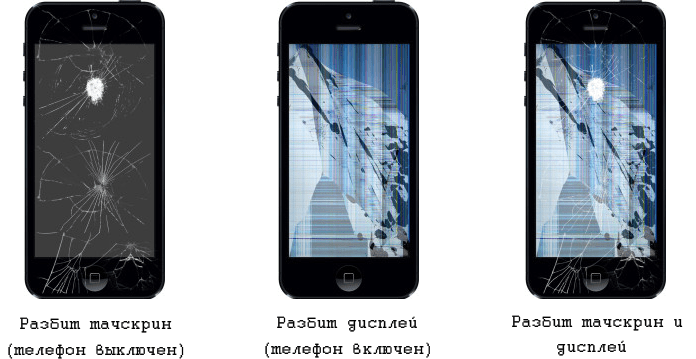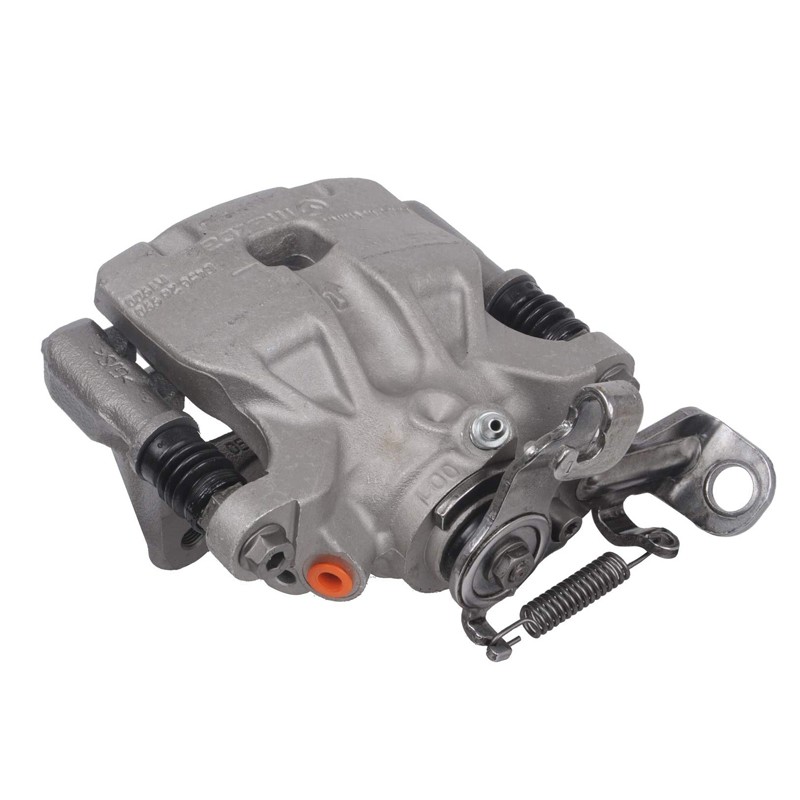
Симптомы плохого или неисправного теплозащитного экрана
Common signs include a burning smell, a hood that is hot to the touch, scraping noises, and melted parts under the hood.
Modern internal combustion engines generate a considerable amount of heat during their regular operation. External engine temperatures routinely reach upwards of nine hundred degrees fahrenheit, which is hot enough to be hazardous to engine components if the heat is not managed properly. A majority of that heat is released by the exhaust manifold, the metal pipe through which the exhaust gases exit the engine. In order to prevent this extreme heat from damaging the components under the hood, a heat shield is used to help manage and contain the high temperatures.
Most heat shields consist of one or more layers of stamped metal that are shaped into a shield that is designed to wrap around the exhaust manifold. The shield acts as a barrier and heat sink, preventing the heat from the manifold from reaching any of the components under the hood and potentially causing damage. While most heat shields will generally last the life of the vehicle, or at least the engine, they can sometimes encounter issues which require service. Usually a bad or failing heat shield will produce a few symptoms that can alert the driver of a potential issue.
1. Excessive heat from the engine bay
One of the first symptoms of an issue with the heat shield is excessive heat from the engine bay. If the heat shield fails to provide protection against the heat generated by the engine bay for any reason, such as it becoming damaged, or loose, that heat will soak into the engine bay. This will cause the engine bay to become hotter than normal. Depending on the intensity of the heat the vehicle will be warmer than normal near the vehicle’s front of the end, and even more so when the hood is opened. In some cases the hood may even become hot to the touch, from soaking up the excessive heat.
2. Запах гари
Another symptom of a bad or failing heat shield is a burning smell from the engine bay. If the heat shield fails to protect the engine bay from the exhaust heat it may eventually lead to a burning smell from the engine bay. If the heat reaches any plastic, or especially sensitive components it may cause them to overheat and burn up. This will produce a burning smell, and in some cases even smoke, aside from potentially damaging the affected component.
3. Rattling noises from the engine bay
Another, more audible, symptom of a bad or failing heat shield is rattling noises from the engine bay. If the heat shield becomes loose, damaged or broken, perhaps due to loose hardware or damage from rust, it will cause the heat shield to vibrate and produce a rattling sound. The rattling will be most prominent at low engine speeds, and may change in pitch or tone according to engine speed. A close inspection would be required to determine if the rattling noises are from a broken, or simply loose, heat shield.
While most heat shields will last the life of the vehicle that does not mean that they are not susceptible to failure. If you suspect that your heat shield may be having an issue, have the vehicle inspected by a professional technician, such as one from AvtoTachki, to determine if the shield should be replaced.
